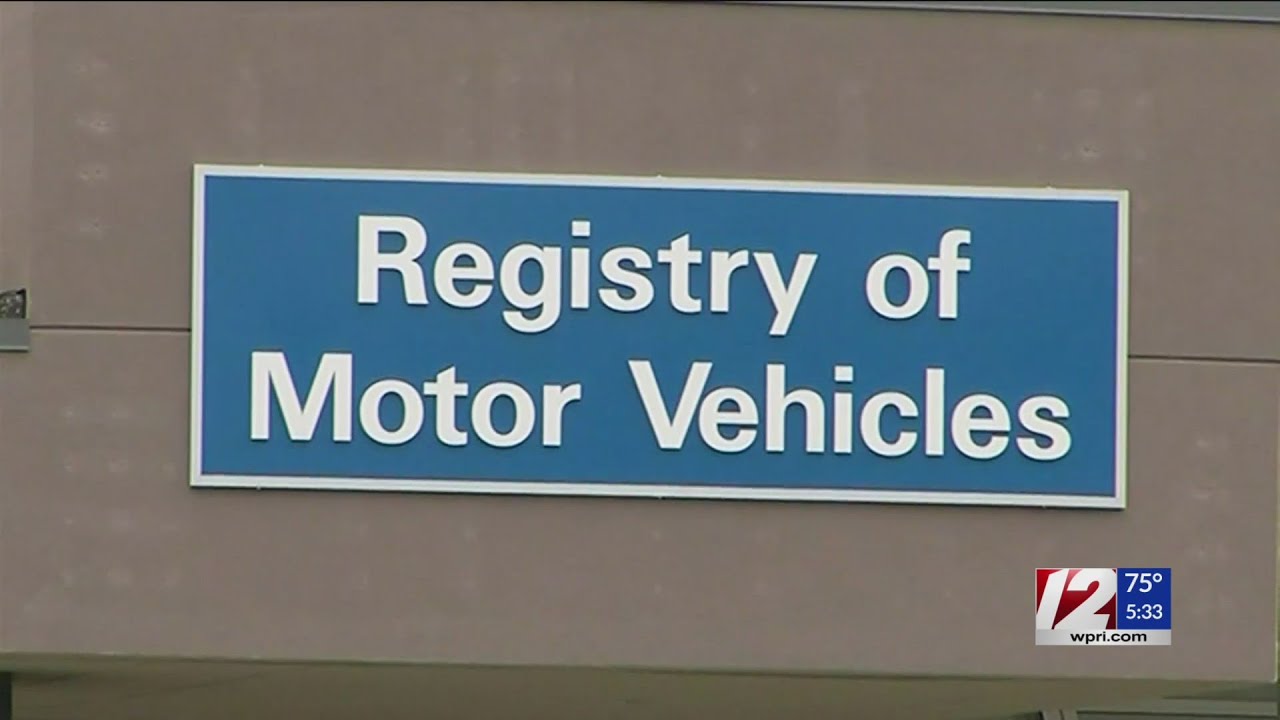Introduction: Understanding the Unauthorized Immigrant Population in Rhode Island
Rhode Island, the smallest state in the United States, is home to a diverse population. Among its residents are unauthorized immigrants, individuals who have entered or stayed in the country without proper documentation. Understanding the number and characteristics of this population is crucial for policymakers, researchers, and community organizations seeking to address the challenges and opportunities presented by unauthorized immigration.
Historical Context: A Brief Overview of Immigration in Rhode Island
Rhode Island has a rich history of immigration, with waves of newcomers arriving in search of economic opportunities and a better life. From the 19th-century influx of Irish and Italian immigrants to the more recent arrivals from Central America and Southeast Asia, immigrants have played a significant role in shaping the state’s culture and workforce.
Estimating the Number: Methodology and Challenges in Counting Unauthorized Immigrants
Estimating the number of unauthorized immigrants in Rhode Island is a complex task. The nature of their immigration status makes it challenging to track them accurately. Researchers and government agencies rely on a variety of methods, including data from the U.S. Census Bureau, surveys, administrative records, and modeling techniques. However, it is important to note that these estimates may vary due to the inherent difficulties in capturing an "invisible" population.
Unauthorized Immigrants in Rhode Island: Key Statistics and Demographics
Despite the challenges in obtaining precise figures, available data provides valuable insights into the unauthorized immigrant population in Rhode Island. According to estimates from the Pew Research Center, there were approximately 20,000 unauthorized immigrants in the state as of 2016. This accounts for about 3% of Rhode Island’s total population. In terms of demographics, the majority of unauthorized immigrants in Rhode Island are from Central America, particularly from countries such as Guatemala and Honduras.
Factors Driving Unauthorized Immigration to Rhode Island
Several factors contribute to the flow of unauthorized immigration to Rhode Island. Economic opportunities, family reunification, and escape from violence and political unrest in home countries are among the primary push and pull factors. Rhode Island’s proximity to major urban centers and job opportunities, as well as its strong industrial and service sectors, make it an attractive destination for individuals seeking employment and a better quality of life.
Impact on Rhode Island’s Economy: Contributions and Challenges
Unauthorized immigrants in Rhode Island make important contributions to the state’s economy. They work in various sectors, including agriculture, construction, hospitality, and healthcare, filling labor gaps that would otherwise be difficult to address. Their economic activities generate tax revenue and stimulate economic growth. However, challenges also arise, including exploitative working conditions, lower wages, and potential displacement of native-born workers.
Education and Healthcare Access for Unauthorized Immigrants in Rhode Island
Access to education and healthcare is a complex issue for unauthorized immigrants in Rhode Island. While the state provides K-12 education to all children, regardless of immigration status, challenges arise when it comes to access to higher education and financial aid. In terms of healthcare, unauthorized immigrants face barriers in accessing affordable and comprehensive healthcare services, often relying on emergency care or community clinics for their medical needs.
Unauthorized Immigrants and Law Enforcement: Policies and Implications
The relationship between unauthorized immigrants and law enforcement is a contentious issue. Rhode Island has adopted policies aimed at fostering trust between local law enforcement and community members, including unauthorized immigrants. The state does not participate in certain federal immigration enforcement programs, focusing instead on public safety and community policing. However, debates continue regarding the role of local law enforcement in immigration enforcement and the potential impacts on community safety.
Employment and Labor Market Dynamics Among Unauthorized Immigrants in Rhode Island
Unauthorized immigrants play a crucial role in Rhode Island’s labor market. They contribute to various industries and occupations that are vital to the state’s economy. However, their presence also raises concerns about labor exploitation and the potential downward pressure on wages. Balancing the economic contributions of unauthorized immigrants with labor market protections for all workers remains a challenging task for policymakers and advocates.
Integration Challenges: Social and Cultural Impacts of Unauthorized Immigration
Unauthorized immigration also presents social and cultural challenges in Rhode Island. Language barriers, cultural assimilation, and social integration can pose difficulties for both unauthorized immigrants and the receiving community. Community organizations and educational institutions play a significant role in supporting the integration process, fostering understanding and collaboration among diverse groups.
Policy Responses: Rhode Island’s Approach to Unauthorized Immigration
Rhode Island has implemented various policies that aim to address the complexities of unauthorized immigration. These include measures to protect the rights and safety of all residents, regardless of immigration status, and to encourage economic and social integration. The state has also worked to enhance access to legal services and support programs for unauthorized immigrants, recognizing the importance of providing resources that promote their overall well-being.
Conclusion: Navigating the Complexities of Unauthorized Immigration in Rhode Island
Unauthorized immigration is a complex issue that requires comprehensive understanding and thoughtful policy responses. Rhode Island, like many states, grapples with the challenges and opportunities presented by this population. By considering the historical context, demographic trends, economic impacts, and integration challenges, policymakers and community leaders can work towards creating a more inclusive and equitable society for all residents, regardless of their immigration status.





